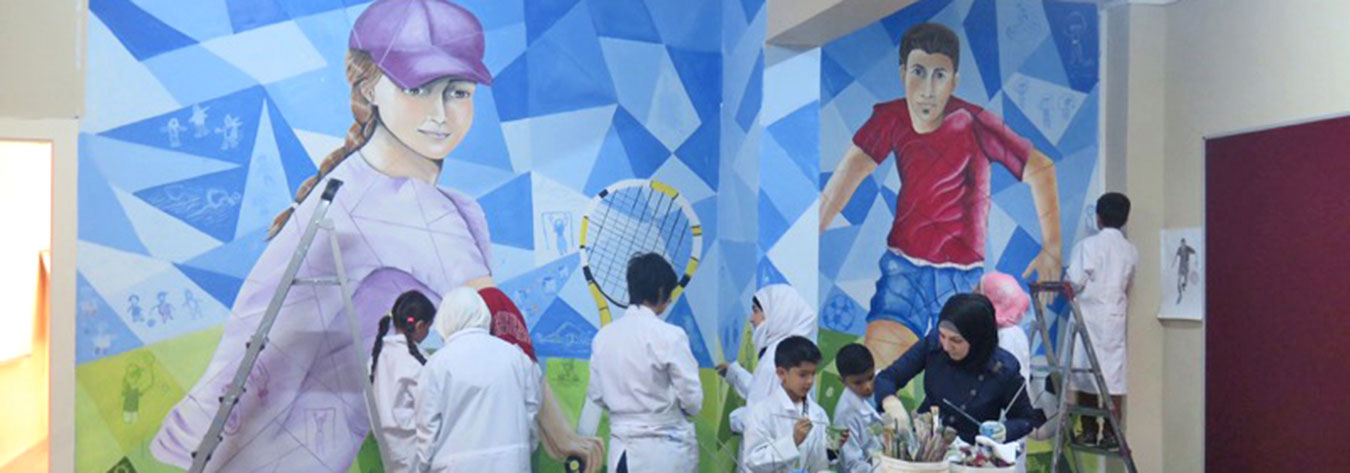While Europe struggles to deal with a massive influx of refugees—a joint agencies report published in January suggested the European Union could expect a further one million migrants this year—applications for asylum in Japan in 2015 jumped 50% to a record 7,586. Of these, only 27 were recognised as refugees.
Internationally, Japan’s response to the global refugee crisis has been mainly economic: last year the country’s contribution to the United Nations High Commissioner for Refugees was second only to that of the United States.
Yet when asked at the United Nations General Assembly last autumn whether Japan was ready to accept Syrian refugees, Abe said there was a need to improve conditions of its own citizens first. He cited issues with women and the elderly as areas where attention was needed before looking at the refugee issue.
However, local non-profit organisation Refugees International Japan (RIJ) has engaged in the Syrian refugee crisis, funding projects for Syrian refugees in Lebanon, Jordan and Turkey. The fact that there has been no RIJ project carried out in Syria itself is due to several factors, according to the charity’s chief executive officer, Jane Best OBE.
“To begin with, we’ve received no applications, and besides, it’s dangerous. The immediate needs there are survival and that is not our mandate”, she said. “Overseeing the use of funds there would be challenging to say the least; those with staff on the ground are much better placed to do that”.
RIJ’s priorities are to fund projects that provide future opportunities for refugees. According to Best, “we want beneficiaries to gain more dignity and more independence through the programmes we fund”.
Success in this area—throughout many projects—is evident when RIJ follows up on participants.
“Beneficiaries have gone on to cultivate their own future, whether through education or community support or their own business. They continue to use what they have gained to give back to their communities”, she said.
The past year has seen a number of successful stories including a pilot scheme involving Syrian and Turkish youth to create a community art project in Turkey.
“This took off far better than anticipated”, according to Best. “The term of the programme was extended due to its success and this reached more beneficiaries”.
When so much in the lives of refugees is uncertain, what lies in the future for RIJ itself? Best foresees more of the same.
“We’ll be reaching out to a wider audience and building a stronger Japanese team”, she said.

